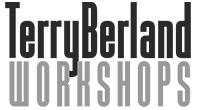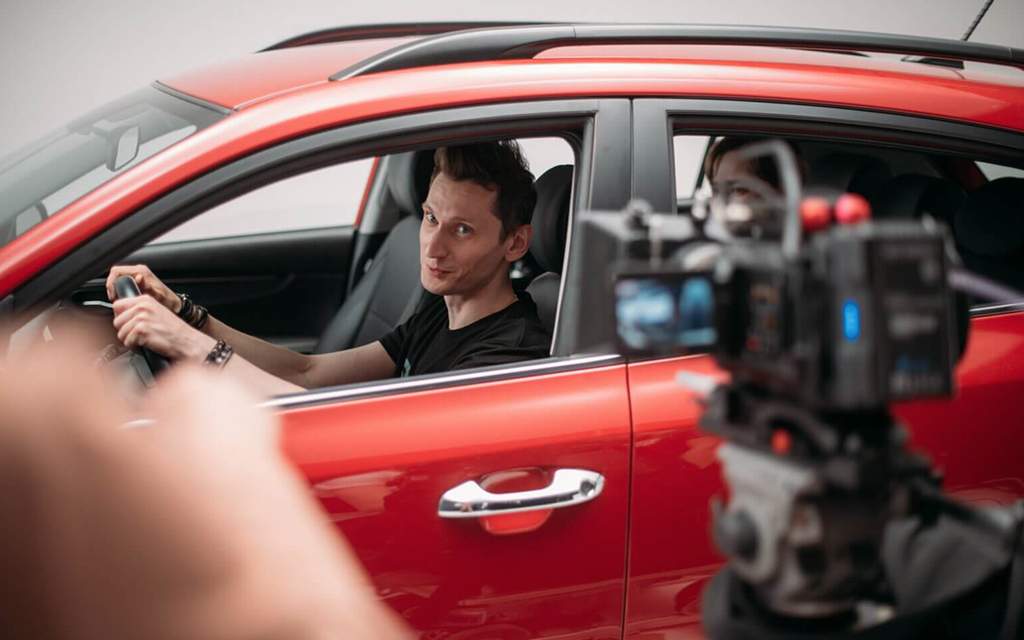Written for Casting Networks News by Terry Berland @berlandcasting.
There is a huge trust factor that the commercial business is run on. If talent does not come through on their end of the trust factor, the casting process would end in failure. Here are ten factors of trust casting directors depend on from actors.
You Look Like Your Photo
If we (casting directors) do not have a reel of yours to look at, we only depend on your photo. A physical look in commercials is very important because the entire message is a “quick read”. It is devastating and maddening when you come in for your appointment and look different than your photo. Some ways you can look different are looking much younger or older, or your hair is a different style or color. Perhaps your photographer made you look prettier/more handsome or not as pretty/handsome as you really are. If you are a professional, you will want your photo to look like you, not different. Looking different than your photo has caused a casting director to give an appointment to someone who is not right for the part.
Your Acting Ability
Strive to be the best actor you can be. Don’t study dramatic acting only for a short while just to list it on your resume. Study to really get good. The same goes for improv, don’t just take a quick level-one improv class just to list it. Take more advanced levels in your acting training. Know the different acting venues you will be auditioning for.
Perhaps you have extensive dramatic or comedic acting training, but you never took a commercial technique class to learn how to apply your acting to the commercial venue. Your ability to act in a particular venue is very important. Many very good actors take my Commercial Acting workshop where they learn the similarities and differences between commercial acting and film and television acting; not to mention theatre acting. A good actor will be wise to take their good acting ability and learn each venue. There is a different technique for film as well as television, in addition to different techniques for two-camera or single-camera sitcom shows, in addition to differences in commercial acting techniques.
Truthful Resume Regarding Special Skills
Be careful not to exaggerate how well you do something. It is a waste of an audition space the casting director has to assign to an actor and a waste of your time to come in for something you are not right for; it is a mark against you if you say you do a special skill well and you don’t. If a special skill is involved such as horseback riding, we’ll hold call backs at riding stables to actually see you ride. It never fails that some talent at these auditions cannot ride well (or do whatever skill they say they could do well). If we can’t hold auditions at a location where we can see you do your special skill; second best is we request current tape on yourself doing whatever special skill is called for.
Your Submission Notes Are Accurate
A good way to catch a casting director’s attention is to write a note on your submission about your special skill. If we are looking at large volumes of talent submissions your note can easily catch our eye, and of course we take your word for it. Be truthful; don’t say anything just to get in the door.
Showing Up For Confirmed Appointments
Every appointment time counts to us. If you don’t show up that’s one less actor we are presenting as a possibility to our client. Our clients expect to see a certain amount of people at a casting session. If you don’t cancel your appointment in a timely manor, you’ve cheated another actor from a time slot. If you have to, cancel in enough time for us to fill the spot with another talent who can make it to the audition. Budgets are tight, casting directors have the day assigned to them to cast and that’s it! We have to come through for our clients on that day.
Accurate Accounts Of Conflicts
Check carefully that you are free of conflicts. When we go to book you and you then tell us you are not available, the entire process of selection has gone down the drain.
Accepting And Keeping Track Of Avails
Be very careful to coordinate with all your representatives that you are clear for the dates you say you are available. Availability is a hand-shake agreement but if it’s not adhered to, valuable selection time has gone down the drain. If you are part of an ensemble, replacing you with someone else causes the entire look and feel of the cast to change.
Accepting A Booking
Every detail of the selection process is based on trust, including the terms of agreement, until you sign the contract. Usually the contract is handed to you on set. If all details of the terms of agreement on the contract are the same as stated in the breakdown, it is not acceptable to have second thoughts at the time of signing your contract.
Showing Up At The Shoot
There is no such thing as being late on a shoot date. You show up early at the shoot. Early is on time.
Knowing How To Behave On A Set
Hopefully you are familiar with the behavior of being on set. A good idea in your preparation training stage is to get on a set through extra work to see how everything works. You are working every minute on the day of the shoot, even when you are not actually acting. This is a cell phone, text free zone. You are off the grid during the shoot day.
All this being said, we (casting directors) really depend on you. It’s a team effort and we appreciate you understanding the importance of knowing the elements it takes for casting to run smoothly from selection to the actual booking.
If you want to sharpen up on your commercial acting technique, follow this link to Terry Berland’s Commercial Acting workshop.









